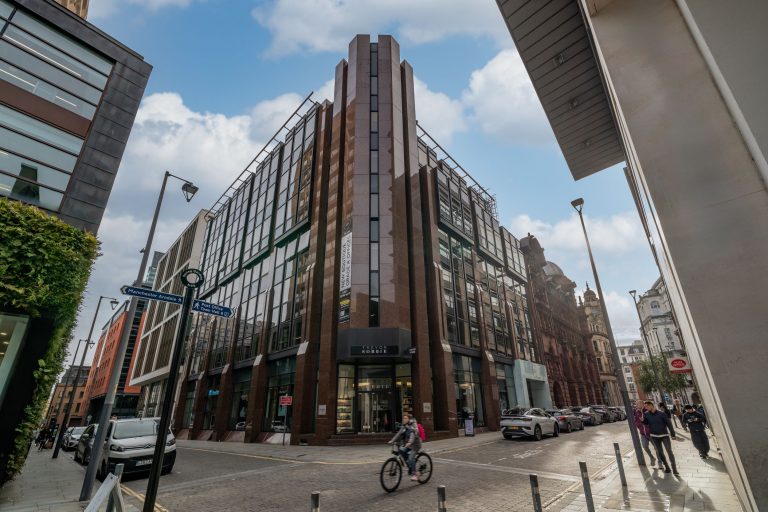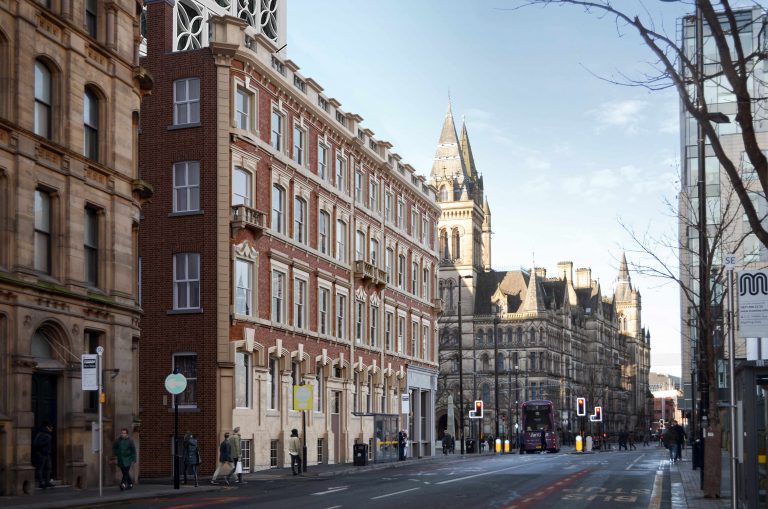The Value of a USP
Will Lewis | 29 May 2015
As property consultants, we like to think we know the value of the Unique Selling Point as much as anyone out there. One city centre office might not differ very much from all the others in most respects, and the list of specifications on any brochure would confirm that- lighting, heating/cooling, provision of toilets, showers and bike storage are all usually present and correct.
The USP of a building can be the size of a floorplate – i.e. how many people can be based on each floor (companies wanting bigger and bigger has been a major trend of the last few years); its historic features or rich ‘back story’; while in many cases it will be where it sits physically – it’s not just for Phil and Kirsty that location, location, location is all-important.
For cities rather than buildings, it’s a different matter; and the issue is not so much having a USP, as building a strong all-round story with as many one-off plus points as possible. Some of it translates directly into business-focused investment-boosting, but thinking in that way can narrow your definitions too much – a city has to be somewhere people want to be. The stats compiled annually by the Centre for Cities reported in January that the likes of Swindon, Peterborough and Luton were the fastest economic risers in England factoring in a range of economic factors – good for them, but the big cities hold more appeal.
The opening in Manchester of HOME, the new facility housing the Cornerhouse cinema, Library Theatre and other artistic spaces, is the latest stage in Manchester’s development of a cultural selling point – following closely behind the extension of the Whitworth Art Gallery. This year also sees the fifth Manchester International Festival (MIF), something the city created to develop its reputation as a cultural thought leader. Future MIFs will, hopefully, be based around the new Factory venue in the St John’s Quarter, where Granada once made such pioneering TV.
Each of the regional cities is continually building its story, to make its past part of its future – in Liverpool this works on both the practical, commercial level, with increasing freight through the new SuperPort and building visitor numbers through the cruise liner terminal, but also culturally with river-based events like the Tall Ships Race. Like Manchester, Liverpool has a strong back story of music and football, which are both economically valuable and grab attention – but you need more.
Although Manchester continues to win a string of inward investment relocations, Birmingham has secured some of the largest deals, with blue-chip companies to the fore. Major decisions from Deutsche Bank, HSBC and HS2 Ltd have seen and will see thousands of jobs created in the city, with the recent HSBC deal enabling the long-awaited Arena Central scheme to be built.
It’s true that Birmingham’s advantageous geography has played a part in these decisions, but it’s equally true to say they wouldn’t have happened without the raft of improvements the city has committed to over the last few years – New Street’s redevelopment, road improvements, and the extension of Birmingham Airport.
Strong regional cities with a clear identity really matter for the UK – whatever the strengths are, they need to be emphasised.


